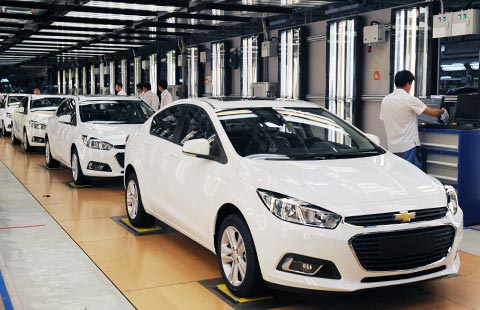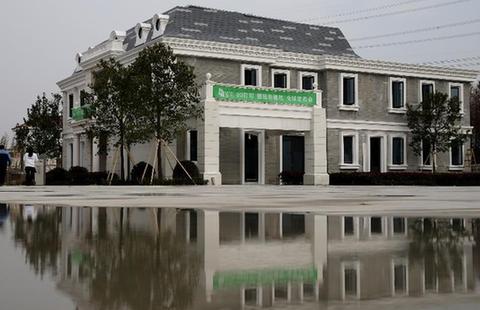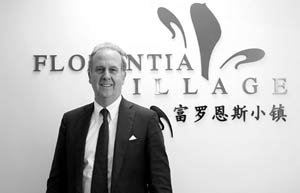China's wealth gap narrows as disposable incomes grow
By LI XIANG (China Daily) Updated: 2015-01-21 08:23The range is reportedly 10 percent to 30 percent, with lower-ranking employees receiving higher percentages. Pay hikes for employees of State-owned enterprises and some private enterprises are likely to follow.
"The pay hike, in our view, indicates Beijing's goal of improving the quality of life for the average Chinese, after having extracted savings by curbing wasteful spending at government branches and SOEs," Wendy Liu, a researcher at Nomura Securities Co Ltd, said in a report.
Labor force shrinks for third year
China's working population declined for the third straight year in 2014, triggering concerns that a shrinking labor pool will weigh on the country's economic growth, especially for labor-intensive industries.
The working age population, those aged 16 to 59, decreased 3.71 million last year, the steepest drop since 2012 when the country first saw a decline, data from the National Bureau of Statistics showed on Tuesday. The decline in 2013 was 2.44 million while the figure in 2012 was 3.45 million.
Economists are worried the record decline in China's labor force will drive up labor costs and force both domestic and foreign companies to shift their plants and factories overseas, hurting the export and manufacturing sectors, the main national growth engines.
The shrinking labor force has raised concerns of a demographic crisis. Some experts are calling for a complete scrapping of all family-planning restrictions so China can avoid the trap of the population getting older before it gets richer.
- China's wealth gap narrows as disposable incomes grow
- Illuminating wedding dress lightens Shanghai expo
- Robust home sales bring cheer to developers
- Appetite for luxury wanes in China
- Top 10 cities with highest mortgage rate
- Factbox: China's 2014 economic figures
- Bohai sea underwater railway plan gets NDRC's support
- Protest at China subsidiary will not impact customers

















